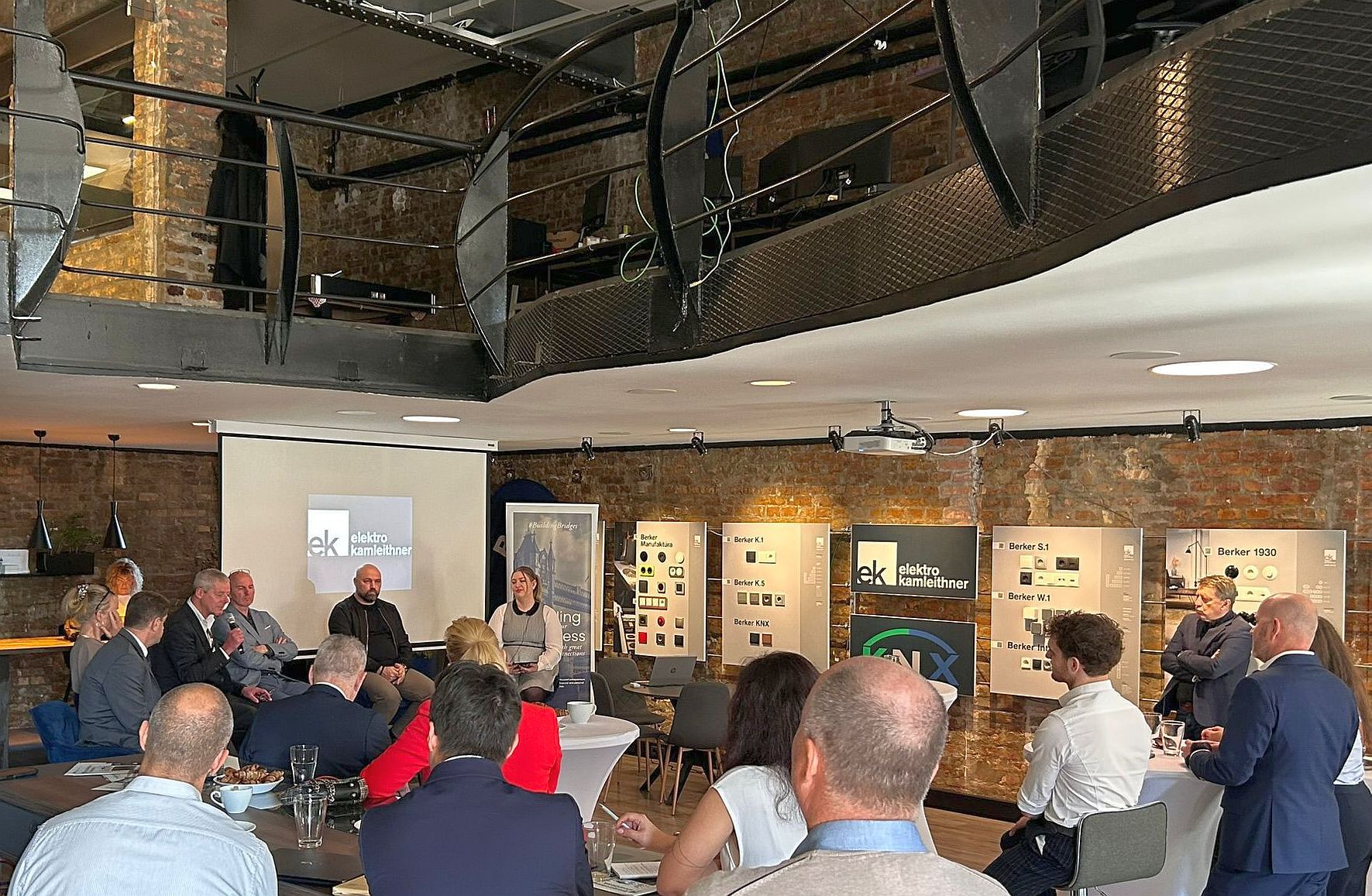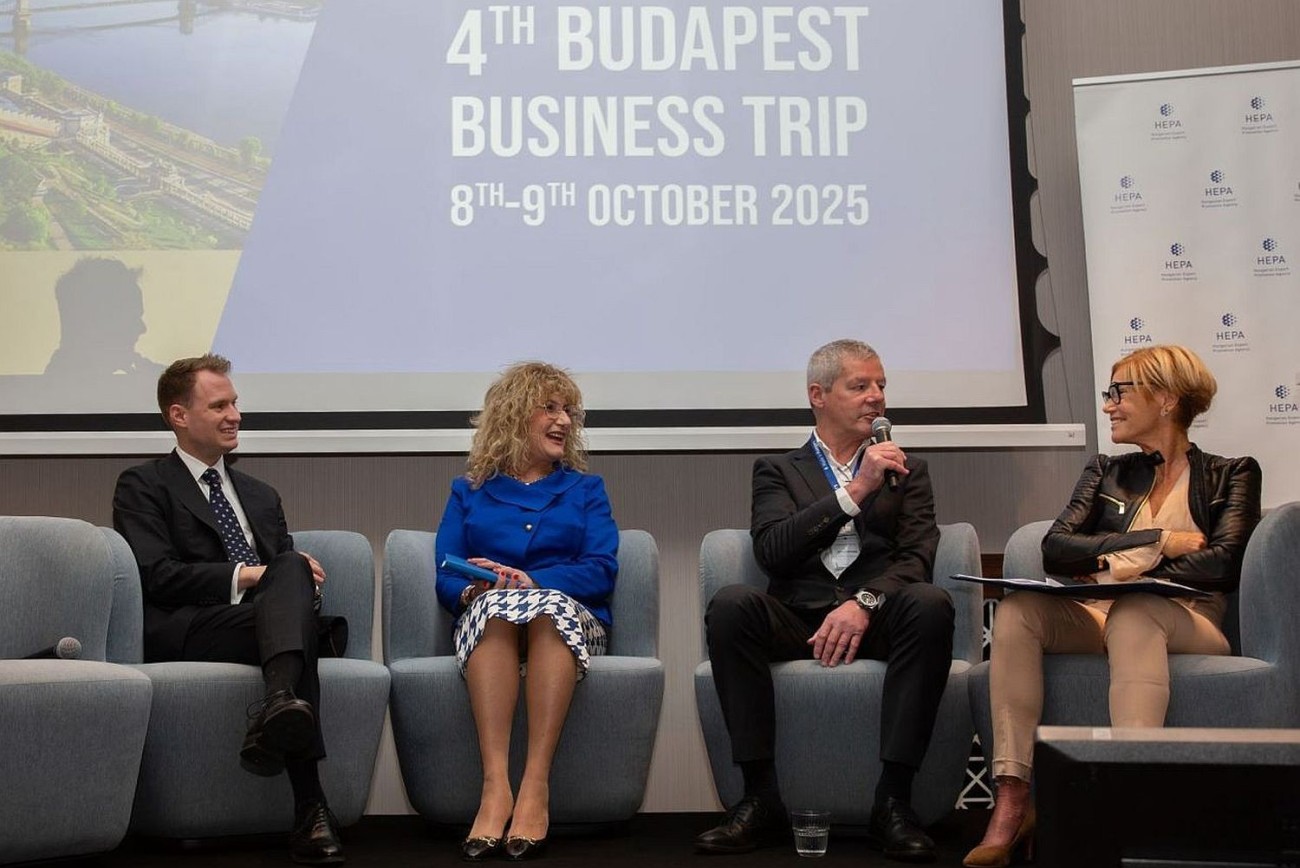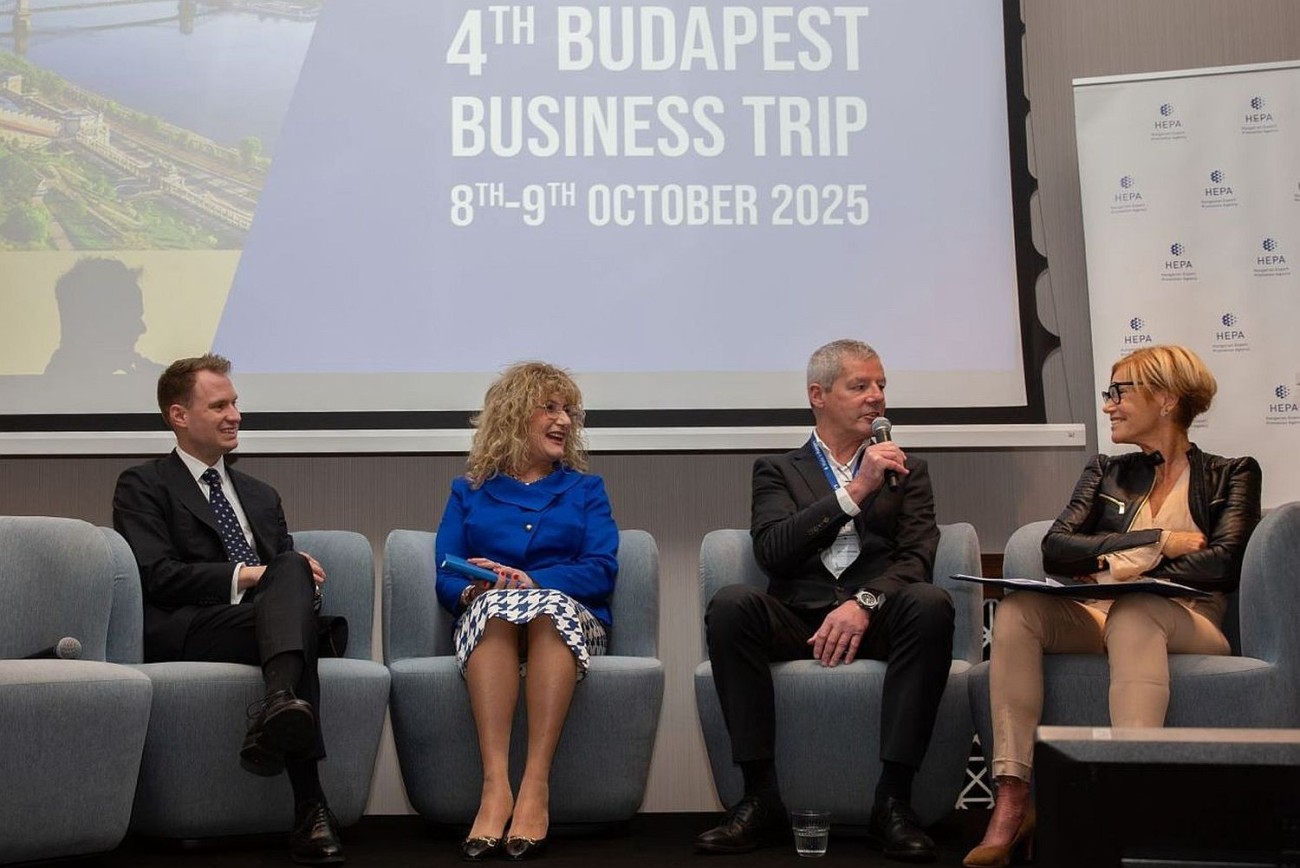From your perspective as a player in the UK innovation scene, how would you describe the current state of the British startup ecosystem?
Difficult.
Why is that?
Since the lockdown – and perhaps even before that – there’s been a general de-risking of capital. We now have VCs saying, “Show us the traction, show us the sales before we’ll invest.” They want to see more turnover or higher sales before considering reinvestment.
The angel market has also definitely declined. Again, they’re looking to de-risk their investments, so they’re not interested in startups that don’t yet have traction. It’s a chicken-and-egg situation: how can I gain traction if I don’t have the money to achieve it?

I also think that, on top of this, many startups haven’t provided enough proof to the market that people actually want to buy their product. Which makes investors and angels ask, “Why should we invest in you if you haven’t got any sales?” When founders reply, “But people are going to buy it,” we respond, “Then show us the evidence.” A company needs traction – not just a good idea.
The United Kingdom and the United States have recently signed a comprehensive agreement worth £31 billion, under which major American tech giants such as Google, OpenAI and Nvidia will collaborate and develop joint projects with players from the British ecosystem, such as Nscale.
I don’t think that money is for startups. It’s all about data centres, pure and simple.
It’s about energy, and it’s about these companies needing a base in the UK. This is about existing big players investing further in other large-scale technologies in the UK.
Two opposing attitudes seem to be emerging across Europe. Within the EU, many emphasise the importance of economic and trade independence, while the British ecosystem has sought closer cooperation with the US – this deal underlines that. What could explain this difference?
I don’t see it that way. I think money is international. I haven’t noticed Britain moving more towards the US and less towards Europe. Perhaps I’m naive – I don’t know.
However, I do think there’s a certain commonality of spirit with the Americans.
The British, I believe, have a much stronger tendency towards risk-taking and seeking access to capital than entrepreneurs in Central Europe. And America is a great place when it comes to the availability of capital.
It’s that simple.
Let’s talk a little about AI. How is the emergence of AI making a difference in the financial funding sector?
AI is very topical these days. But I’m old enough to remember when blockchain was the big thing. When being able to work on a laptop or a mobile phone instead of a desktop was revolutionary. That’s how technological evolution works. The next one will be quantum computing – and it will surpass AI again.
So I think it’s a big mistake to treat AI differently and not focus on the real question: what problem are you trying to solve? Nobody says, “I fixed your car with AI.” They say, “I fixed your car with a spanner, and now it’s working again.”

When people come to me and say, “We’ve created this amazing AI product,” my first question is, “Okay, but what problem have you solved, and who has bought your product?”
What would be your advice to Hungarian startups seeking entry into the British market? What should they be prepared for?
First, there are some fundamental questions you need to address – and they’re the same no matter which country you’re expanding into. Do I put boots on the ground? Do I open a UK office? Do I run operations from Hungary and just have a satellite office? Do I hire a consultant, or do I employ someone locally? Where will my sales come from?
For that, you always need both money and time – but you don’t have to do everything at once. Use your time wisely.
Second, you need to find trusted advisers. I think the Hungarian British Business Alliance (HBBA) is a very reliable organisation in that respect.
We are a group of people who have been working with Hungary and Central Europe for a long time, and we’ll tell you exactly what you should or shouldn’t be doing. We’ll help, advise and probably save you a lot of money. Essentially, investing in us is an investment in knowledge. It’s a safe environment where you can test your ideas without incurring too much cost.
PICTURES: John McKeown at HBBA's Budapest Business Trip events in October 2025. Source: HBBA Global / LinkedIn












